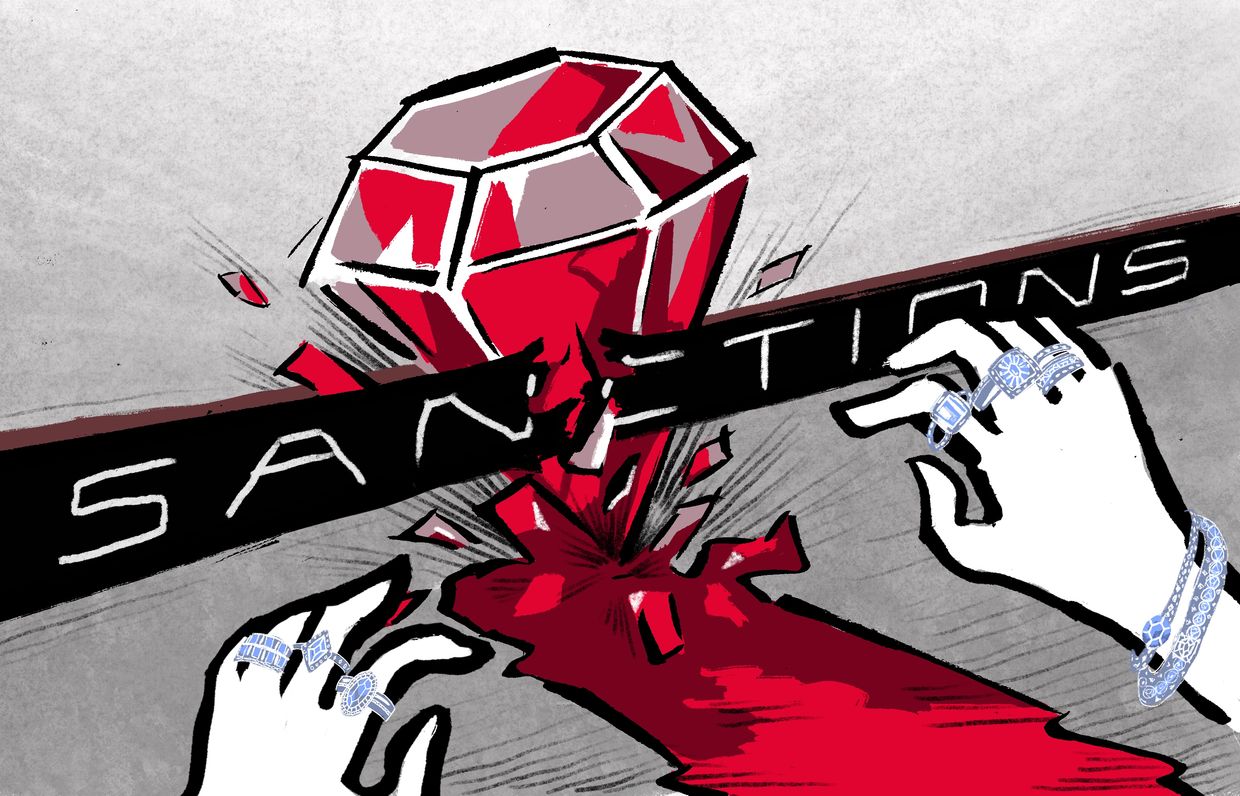European Parliament: Sanctions against Russia not tough enough, enforcement must be strengthened

The existing sanctions against Russia simultaneously do not go far enough and are under-enforced, the European Parliament wrote in a statement about a resolution adopted on Nov. 9.
Although the EU has passed 11 sanctions packages against Russia, Russia's economy has not been impacted as much as was anticipated and hoped, the resolution said. As a result, Russia has maintained the ability to fund its war in Ukraine.
The lack of full effectiveness of the sanctions is in part because they do not reach far enough in targeting key sectors of Russia's economy, namely energy, but also because not all member states have fully complied with them. In addition, Russia has also exploited loopholes, particularly by using third-party countries.
The measures already passed constituted an "unprecedented" level of restrictive measures towards Russia, but they have not fully achieved their goals.
Russia's economy shrank by only 2.1% in 2o22, the resolution said, adding that the International Monetary Fund (IMF) predicted a 2.2% growth in the Russian economy in 2023.
The resolution contained several recommendations for future sanctions packages, as well as strengthening the effectiveness of the 11 already passed.
There should be more EU-level oversight on sanctions enforcement, the resolution said, which would help limit Russia's effort to bypass sanctions.
In addition, the "EU market must be closed for Russian fossil fuels," and "a full ban on the marketing and cutting of diamonds of Russian origin or re-exported by Russia to the EU."
The resolution noted that as of August 2023, the EU is still sending Russia 2 billion euros per month for fossil fuels.
Legal means should also be explored to allow the usage of frozen Russian assets for the reconstruction of Ukraine, the resolution concluded.
It was reported on Oct. 27 that the EU confirmed it was working on a 12th sanctions package.
The package may include restrictions on Russian diamond exports, as well as further cracking down on Russia's ability to circumvent sanctions, mainly on its ability to obtain dual-use goods from third-party countries.
The EU imposed its previous 11th sanctions package in June, aimed at countering sanctions circumvention, mainly in dual-use products and in the Russian trade of oil.














